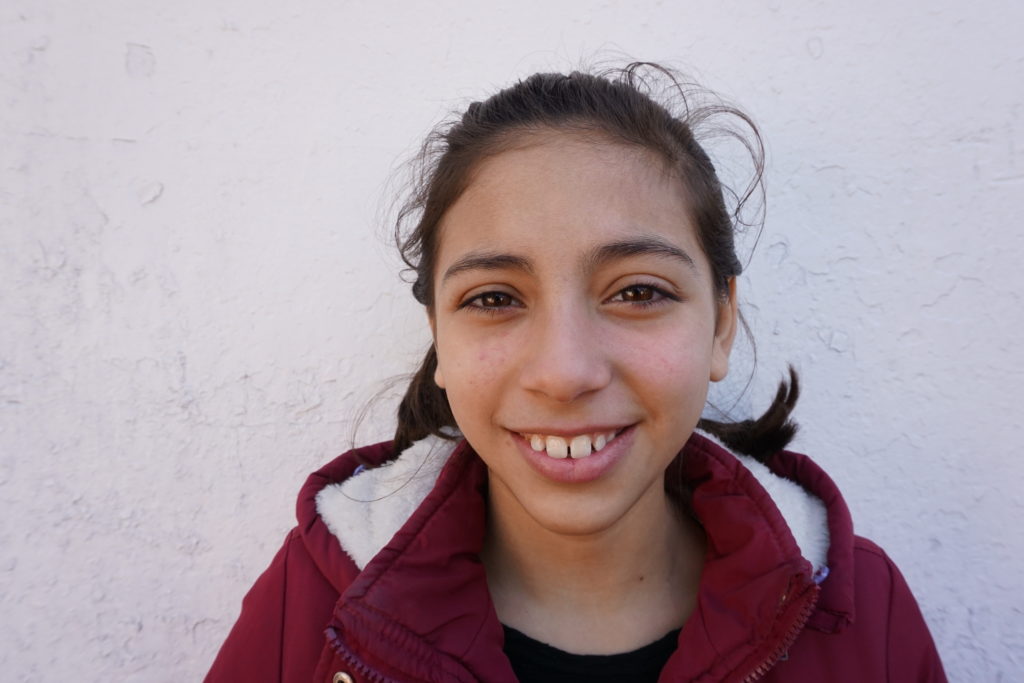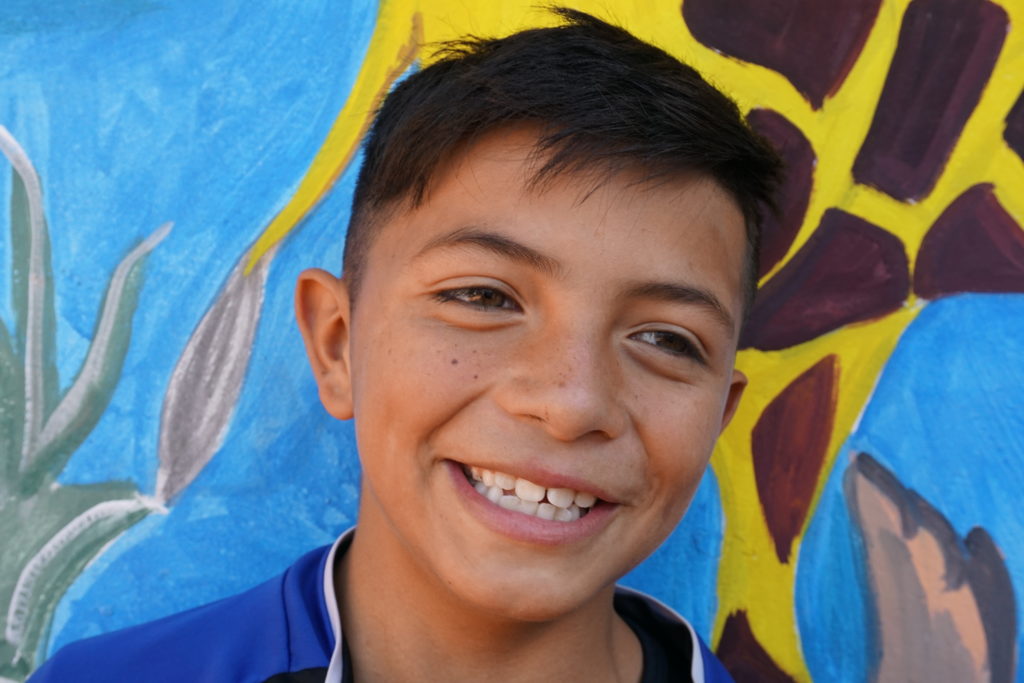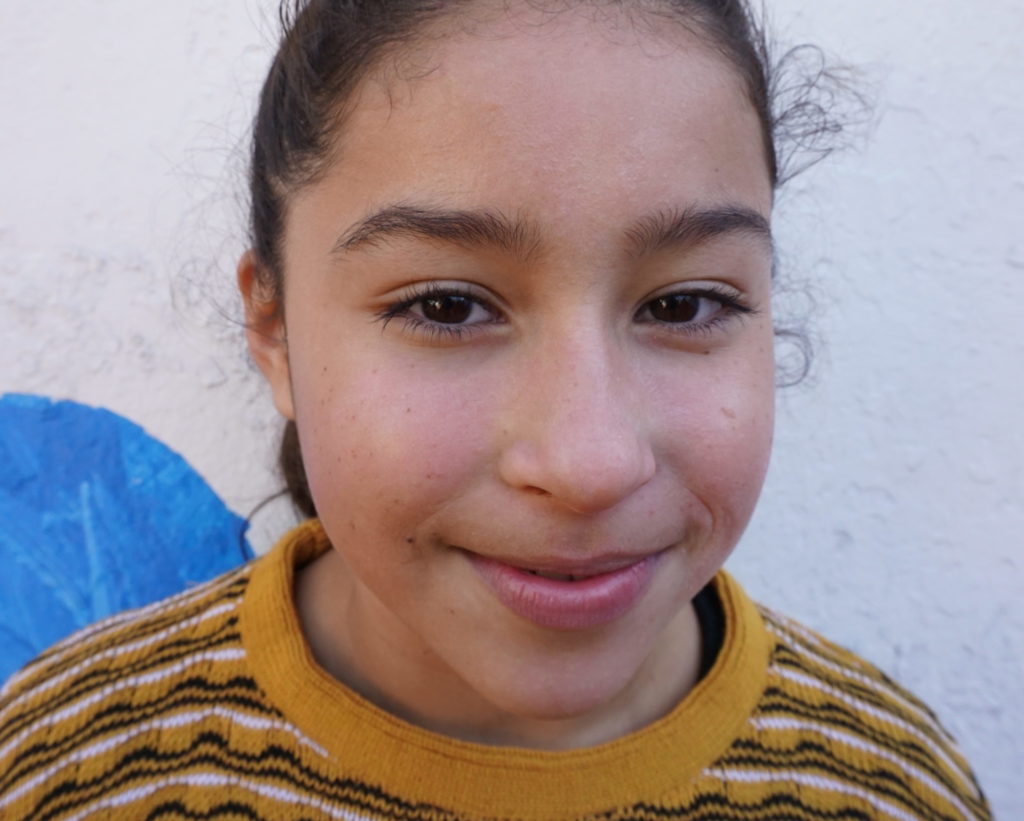facts about The Casa del Niño Daycare Center:
- Ages Served: 3-14 years of age
- Academic Year: Typically begins in March and ends in mid-December. Students enjoy summer break from mid-December through the first week of March as well as a short winter break in July.
- Activities: Children receive their formal education at local public schools, but area teachers volunteer their time at the daycare center, tutoring and teaching extra courses in subjects such as computer, art, pottery and sports. Outdoor recreational activities are encouraged, and the daycare center has a small swimming pool for children to enjoy.
- Parental Involvement: Casa del Niño requires parents of children who attend the daycare to occasionally volunteer their time cooking or helping to maintain the center.
- Medical Care: Children receive medical attention as needed at a nearby hospital.
- Nutrition: The center provides nutritious meals and snacks throughout the day. For many children, these may be the only meals they can depend on receiving.
Argentina, the second largest nation in Latin America, is truly a nation of contrasts. Its borders envelop a full spectrum of topography from rugged, towering mountains, frigid tundra and tropical lowlands to arid steppes and plateaus. Nestled along the estuary where the Rio de la Plata meets the Atlantic Ocean, the sprawling Argentinian capital of Buenos Aires is the second largest metropolis in South America. Renowned for its wealth of culture, arts (including the famous tango) and beautiful European-style architecture, Buenos Aires draws thousands of tourists each year. However, there is a hidden side of the city that few tourists experience. Extremely high inflation, rising unemployment and an increasing poverty rate leave many families struggling to simply feed their children.
As a result, many area families must live in the hopeless poverty of Buenos Aires’s slum neighborhoods, packed together in wooden shacks with tin roofs, separated by narrow footpaths. In the Florencio Valera slum neighborhood, however, the Casa del Niño Daycare Center serves as a beacon of hope. Here, younger children have a safe, nurturing environment where they can stay while their parents work, and school-aged children flock to the center after classes for tutoring and recreational activities. Casa del Niño’s mission is to provide for the immediate physical, social and spiritual needs of these children, offering them the opportunity to dream of a better future and rise above the difficult economic and social circumstances in which they live.
Facts about argentina:
- Population: 45.19 million
- Languages Spoken: Spanish (official), Italian, German, French, Mapudungun, Quechua
- Poverty Rate: 40.8%
- Unemployment Rate: 9.8%



